Blackouts : A Novel
Plage de prix : 115,00 د.م. à 120,00 د.م.
Le dernier cadeau d'un homme mourant déclenche un voyage à travers l'histoire queer, des vérités cachées et le pouvoir de la narration. Dans le désert, deux âmes rassemblent les fragments d'un manuscrit censuré, exhumant des voix effacées par le temps. Une méditation sur la mémoire, l'amour et la résistance, mêlant prose et visuels avec un effet envoûtant. Lauréat du National Book Award, ce roman lyrique confronte l'effacement avec une beauté brute. Parfait pour les lecteurs avides de récits novateurs et d'histoires inédites. 📖✨❤️
Description
Blackouts: A Novel weaves a haunting tapestry of memory, history, and queer resilience. Set in a desert refuge called the Palace, the story follows a young man tending to Juan Gay, a dying figure who has lingered at the edges of his life. Juan, a playful yet enigmatic soul, entrusts the narrator with a fragile legacy: a redacted manuscript from the early 20th century titled Sex Variants: A Study of Homosexual Patterns . This real-life artifact, compiled by researcher Jan Gay, was stripped of its queer voices by a censorious committee, leaving only fragments of stories hidden under black marker.
As Juan’s life fades, the two men resurrect forgotten tales—of love, loss, and defiance—piecing together a narrative that resists the erasure of marginalized voices. Torres blends fiction, history, and visual elements (photographs, illustrations, and redacted pages) to create a visceral collage. The novel becomes an act of reclamation, asking how we preserve identity when history is weaponized to silence.
Themes of storytelling and survival thread through the book. The narrator grapples with the weight of inherited trauma, while Juan’s tales flicker between truth and myth. Torres experiments with form, mirroring the fragmentation of memory, yet the prose remains lush and urgent. The desert setting mirrors the characters’ isolation and their search for connection in a world that has tried to bury them.
The novel also interrogates the politics of visibility. By centering queer voices erased from historical records, Blackouts challenges readers to confront what lies in the shadows of “official” narratives. It’s a meditation on how stories shape identity—and how they can be both a shield and a weapon.
Ultimately, Blackouts is a love letter to resilience. Through Juan and the narrator’s shared history, Torres celebrates the defiance of those who refuse to be silenced, even as time and memory threaten to erase them. It’s a bold, genre-defying work that lingers like a ghost, urging us to listen to the voices history tried to bury.


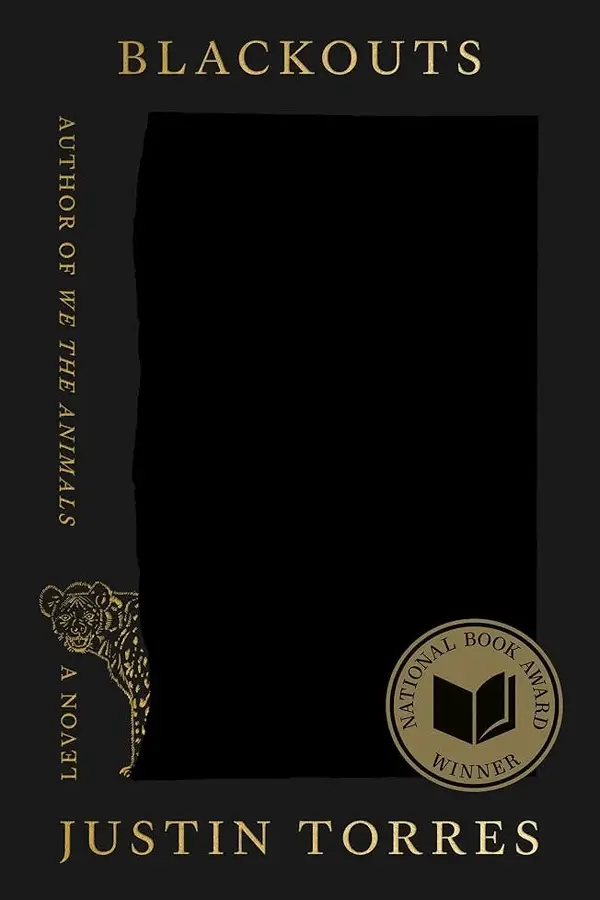



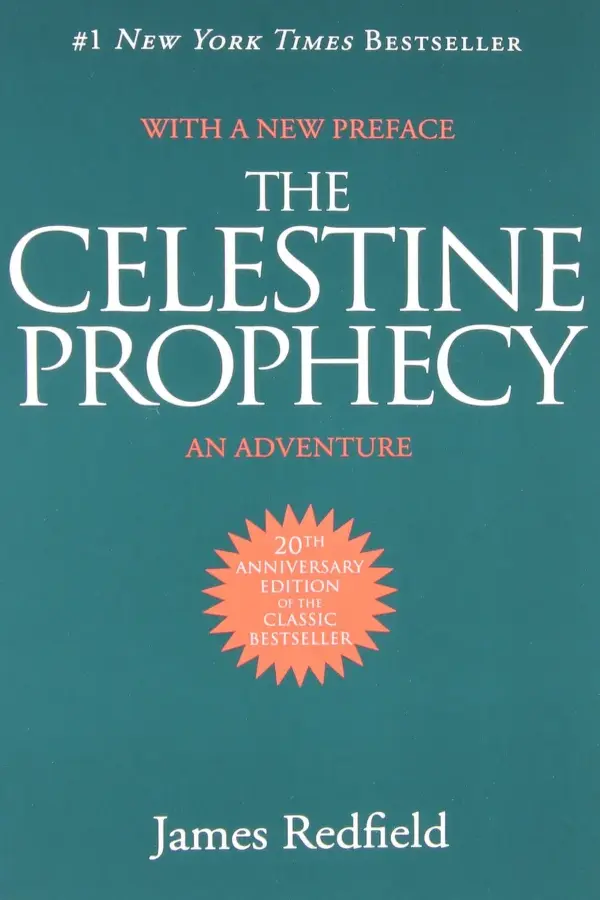


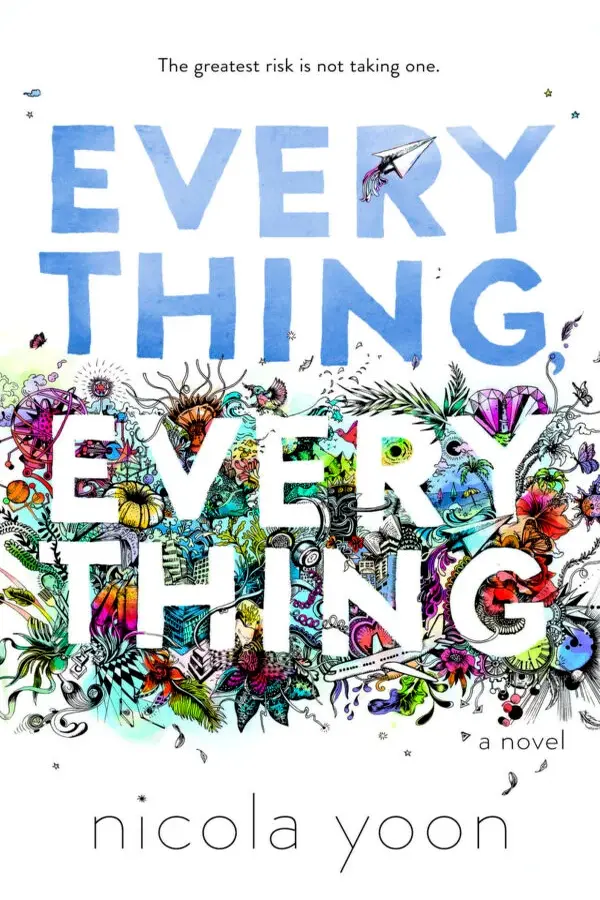




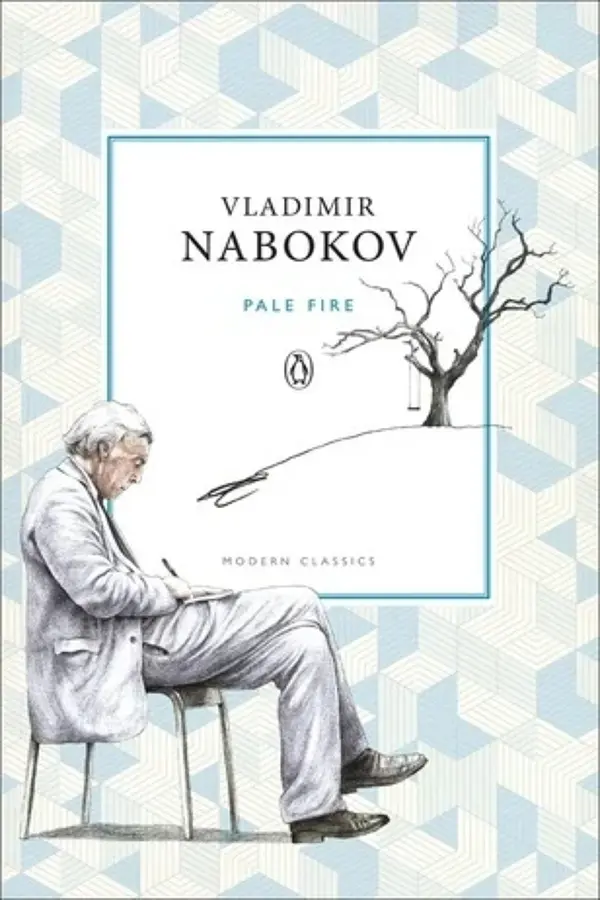
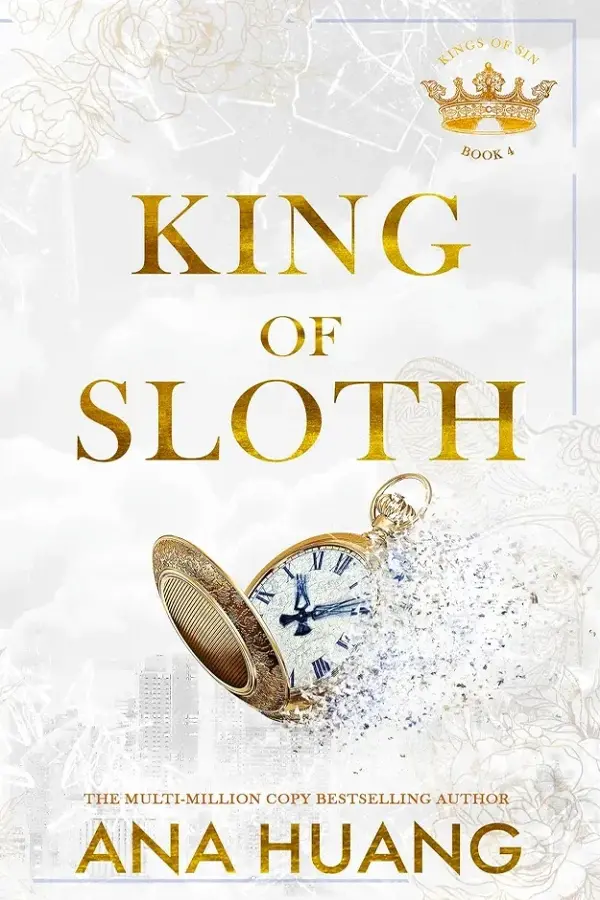



Avis
Il n’y a pas encore d’avis.